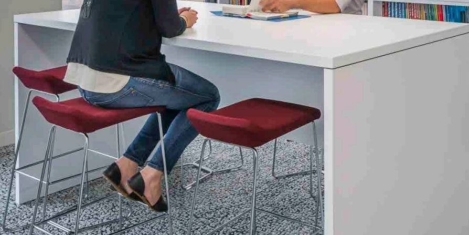April 3, 2019
Government needs to sort Brexit deadlock as construction sector falls
 The Government and Parliament must break the Brexit deadlock and find a way forward warns the Federation of Master Builders (FMB), in response to the latest Construction PMI data, which shows another drop in construction output. The March 2019 PMI data revealed an Index score of 49.7, up slightly from 49.5 in February, against the no change threshold of 50.0. This points to a sustained decline in construction output, representing the first back-to-back fall in construction output since 2016. While the residential building sector enjoyed an upturn, commercial construction was the worst performing area.
The Government and Parliament must break the Brexit deadlock and find a way forward warns the Federation of Master Builders (FMB), in response to the latest Construction PMI data, which shows another drop in construction output. The March 2019 PMI data revealed an Index score of 49.7, up slightly from 49.5 in February, against the no change threshold of 50.0. This points to a sustained decline in construction output, representing the first back-to-back fall in construction output since 2016. While the residential building sector enjoyed an upturn, commercial construction was the worst performing area.






































